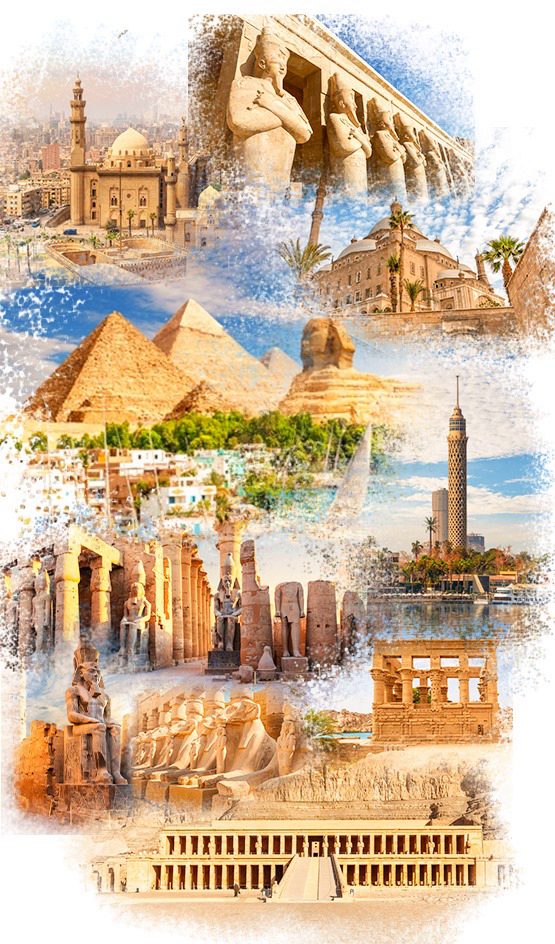
Essential Advice for Your Journey to Egypt
Preparing for your adventure in Egypt is an exciting step toward discovering a land of timeless wonders, rich culture, and breathtaking landscapes. To ensure your trip is smooth and enjoyable, here are some important pieces of advice based on the latest information:
Passports & Visas
– Ensure your passport is valid for at least 6 months beyond your planned departure date from Egypt.
– It’s recommended to obtain a tourist visa before arriving at Cairo airport, but it can often be obtained upon arrival (subject to change). Check with the nearest Egyptian Consulate before traveling for the latest information.
Customs
– Declare electronic equipment, video cameras, and laptop computers upon arrival. Customs officials may retain the original declaration form and provide you with a copy, which should be kept safe.
– Baggage may be examined upon arrival and departure.
Climate
– Egypt has low humidity and is generally dry year-round. While winters are generally warm with sunshine, nights can be cool.
– Spring (April to June) offers comfortable temperatures. Summer (July to September) can be hot, especially in Upper Egypt, but air-conditioned facilities provide relief. Autumn (October & November) offers pleasant weather.
Clothing
– Dress appropriately for the season. Cotton clothing is suitable for summer, while light warm outfits are recommended for winter.
– Protect yourself from the sun with a cap and sunglasses.
– Respectful attire is important when visiting religious buildings (Mosques and churches).
Food
– Egypt offers a wide range of culinary delights, from European to Middle Eastern cuisine.
– Enjoy local fruits but ensure they are washed thoroughly before consumption.
– Savor delicious Egyptian cuisine, which is a blend of Turkish and Lebanese influences. International options are also available in Cairo.
Water
– Tap water in Egypt is generally safe for locals but it’s recommended that foreigners drink only bottled mineral water.
– Be cautious about ice in drinks, as it may be made from tap water in some places.
Currency
– The Egyptian pound (LE) is the local currency, divided into piasters (PT).
– US Dollars are widely accepted. There are no exchange controls, and rates are determined by the Swiss Stock Exchange.
– Banks and exchange services are readily available, especially in hotels.
Electricity
– Egypt operates on 220 volts and a 50-cycle system. Bring international adapters for your electrical appliances.
Travel Between Cities
– Buses and trains are popular options for traveling between major cities. Check schedules in advance, as they may change without notice.
– Domestic flights are available between key cities, providing convenient options for travelers.
Public Transportation
– Public transport is affordable but often crowded. Taxis are readily available, with different types to choose from in Cairo.
Health
– Egypt is generally free from diseases. Check with your local health bureau for vaccination requirements before traveling.
Shopping
– Bargaining is customary in most gift shops. Souvenirs include alabaster carvings, Papyrus paintings, carpets, leather goods, silver, and gold.
– Khan El Khalili Bazaars in Cairo are famous for hand-crafted souvenirs, and city shops offer fine Egyptian cotton products.
Tipping
– Tipping is common for hotel porters, waiters, drivers, and guides. The amount is at your discretion and reflects your appreciation for the service received.
Travel Insurance
– It’s advisable to purchase travel insurance before arriving in Egypt, as it may not be available after your arrival.
With these essential tips in mind, you’re well-prepared to make the most of your journey through Egypt. Embrace the wonders, culture, and warmth of this remarkable country, and enjoy every moment of your adventure!
